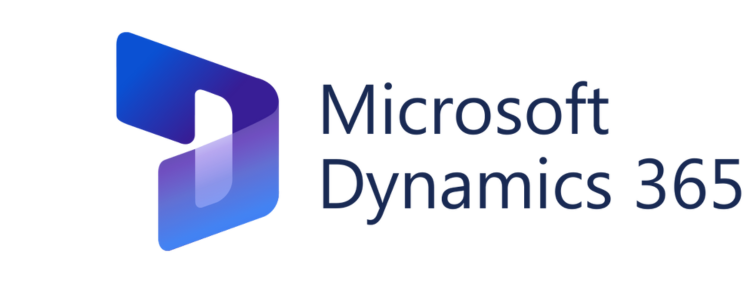In this blog of Dynamics Community 101 we will learn about types of functions and classes and special classes in Microsoft Dynamics 365 F&O
Functions:
Static Functions: These functions are tied to the class rather than an instance. They can be called without creating an instance of the class. They're commonly used for utility functions that don't rely on instance-specific data.
Instance Functions: These functions require an instance of the class to be invoked. They operate on the data that belongs to the object and are responsible for object-specific behavior.
Main Method: This is the entry point for class execution, usually for testing or batch processing. The main() method is static and can accept command-line arguments.
Final Functions: These are functions that cannot be overridden in derived classes. This ensures that the implementation of the function remains consistent.
Abstract Functions: These functions don't have any implementation in the base class. Derived classes must provide an implementation for these functions, making them ideal for defining a common interface.
Classes:
Table Classes: These classes directly represent tables in the AOT (Application Object Tree). They're automatically created and can be extended but not modified.
Form Classes: These are auto-generated when you create a form in the AOT. They contain methods that run form logic and control form events.
Data Provider Classes: Used primarily for SSRS reports, these classes gather the data that is then displayed on the report.
Framework Classes: These classes provide foundational structures for common functionalities. Classes like RunBase and RunBaseBatch are examples that provide a standardized way to create batch jobs or runnable classes.
Helper Classes: These are custom-defined classes that encapsulate shared logic or functionalities that can be reused across modules.
Controller Classes: These classes act as mediators in complex operations like reporting or batch processing, organizing the overall execution flow.
Contract Classes: These are used to encapsulate parameters for services or reports, making it easier to manage and validate the input.
Extension Classes: These allow you to add new methods to existing table, form, or class objects without altering the original codebase.
Attribute Classes: These are special classes that act as metadata, allowing you to tag elements in the code for additional behaviors or properties.
Map Classes: These simulate tables but don't involve data storage in the database. They're useful for temporary data manipulation tasks.
Special Classes:
Global Class: This class contains global methods and variables that can be accessed across the application, serving as a utility hub.
Application Classes: Classes like Info, ClassFactory, and Global that serve specific application-level functionalities.
Sys Classes: These are system-level classes such as SysDictTable, SysQuery, and SysFormRun. They are crucial for interacting with system-level functionalities and metadata.
If you've made it this far, please leave a kind word. Your encouragement fuels my desire to produce and share even more valuable content.

